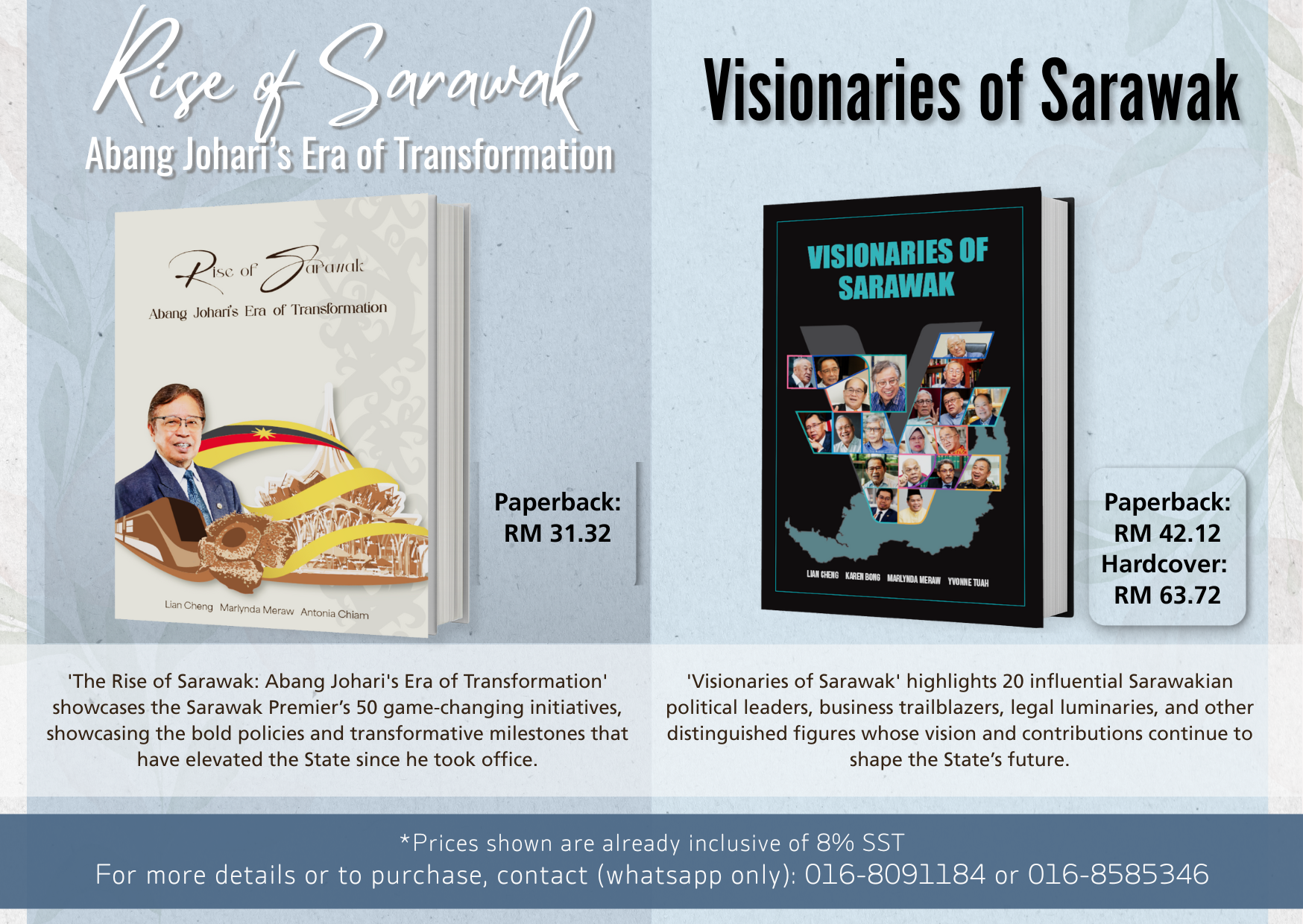
KUCHING, Feb 8: Local providers of halal products and services can now penetrate the Japanese market through Japan External Trade Organisation (JETRO)
With the Tokyo 2020 Olympic and Paralympic Games just two years away, it represents one of the best opportunities for exporters of halal products and services as they would be prioritised during that time.
JETRO managing director Akira Kajita said the cooperation is done through JETRO, which includes halal expertise, trade and investment promotion, development of halal certification and halal tourism in Japan, among others.
Under the jurisdiction of the Japanese Ministry of Economy, Trade and Industry, JETRO has been in Malaysia since 1958, promoting bilateral trade between the two countries.
“Halal food is now the talk of the day. Gradually more Japanese have begun to understand the emergence of halal food in the current world market. With the coming Olympic and Paralympic Games, many companies from overseas or Japan herself have taken the opportunity to include halal food as one of their target business fields,” Akira said at the launch of ‘Seminar on Business Opportunities on Halal industry in Japan’ here today.
One of the seminar speakers, JETRO senior advisor Rasol Abu Bakar presented ideas on how to use JETRO as a platform to do business in Japan, especially for those who have little experience dealing with Japanese business and culture.
Another speaker, founder of Halal Media Japan Shinya Yokoyama did a presentation on halal issues and acceptance of Japanese consumers towards halal products.
Yokoyama explained how he has been moving around certain areas in Japan to convince Japanese businessmen and restaurant operators to go for halal status which means a better food-friendly environment for Muslim travelers. It is also an added advantage to the Japanese to understand what it takes provide halal or Muslim-friendly food.
Assistant Minister of E-Commerce Datuk Mohd Naroden Majais lauded Japan’s commitment towards enhancing business corporation with Malaysia and the state of Sarawak to seek halal market opportunities globally.
He said, based on the findings of Fleishman-Hillard Majlis, a well known public relations and marketing agency, the halal industry will increase in tandem with the growth of the worldwide Muslim population.
It is forecasted that the Muslim population will increase by 2.6 billion by 2050, represents 30 per cent of the world’s population.
“Thus, this seminar will give a better understanding on the trend of the halal market in Japan. This is because it is quite challenging to penetrate the Japanese market due to its high standards.
“Japanese buyers are drawn to premium, high-end goods and services. Japan has made a name for itself as a nation of quality and innovation and has staked its future on this value proposition. Along with this, comes a strong commitment and loyalty to business partners, once acquired,” he said.
He added, some Sarawakian SMEs have penetrated and been in the Japanese markets for years, exporting frozen seafood, coconut nectar sugar, as well as building materials and timber products.
“Japan provides market potential with a population of approximately 127 million and is characterised by consumers with high levels of disposable income. They also have companies with a strong global orientation and willingness to invest in sustainable, long-term products and services.”
In 2017, Japan was Malaysia’s fourth largest trading partner with a total value RM126.67 billion.
Japan was Malaysia’s fourth largest export destination at RM68.48 billion and the fourth largest source of imports at RM58.19 billion.
As for Sarawak, in 2017, the state’s total export to Japan amounted to RM24.79 billion, while imports totaled RM1.74 billion. The major export products to Japan from Sarawak were LNG, wood, iron and steel products, and manufactured metal and wood products.
“While Japan is busy preparing for the Olympics and Paralympics 2020, it is now focusing on boosting tourism figures where more than 20 million tourists are expected to land in Japan at that time.
“As they are expecting over one million Muslim tourists for such a huge event, food is one of the demanded halal sectors for Japan and therefore I hope that Malaysian companies will capitalise on this golden opportunity to venture into new businesses, especially halal food,” Naroden said. — DayakDaily








